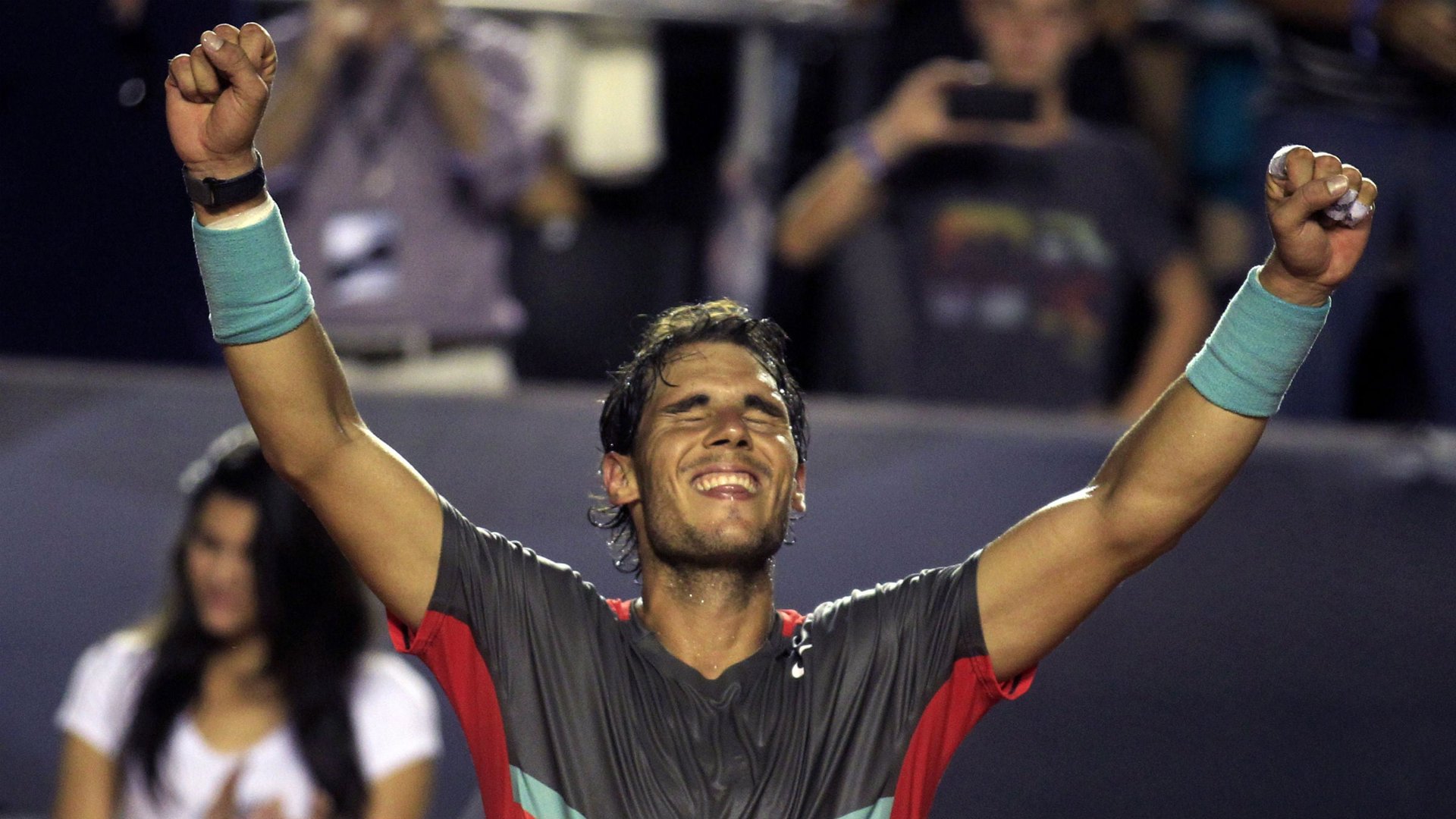Here’s why investors are putting $24 million behind tennis in Asia
The elite tennis calendar is about to get a new event: the International Premier Tennis League. Conceived of by an Indian former doubles champion, Mahesh Bhupathi, the IPTL is a team tournament that will take place in November-December in four Asian cities: Bangkok, Dubai, Mumbai, and Singapore.


The elite tennis calendar is about to get a new event: the International Premier Tennis League. Conceived of by an Indian former doubles champion, Mahesh Bhupathi, the IPTL is a team tournament that will take place in November-December in four Asian cities: Bangkok, Dubai, Mumbai, and Singapore.
On Mar. 2 in Dubai, the owners of the four franchises, one based in each of the cities, spent a reported $24 million on the first 28 names to fill out their rosters. Rafael Nadal, Novak Djokovic, and Serena Williams will be the star attractions. The organizers have also coaxed a number of familiar faces out of retirement: Andre Agassi, Pete Sampras, and Martina Hingis among them. It has been heavily speculated that Nadal will make as much as $1 million a match. This, compared to prize money of $2 to $2.5 million for winning one of the four prestigious Grand Slams, which requires playing seven matches in 14 days. In financial terms, participation in the IPTL is a no-brainer.Asia wants to throw millions of dollars at tennis players—you dont have to be good or win
Despite the impressive cast, the IPTL needs to provide competitive tennis.
Players have long complained that the international calendar is already overloaded. The four Grand Slams take place in January, May, June and September, the end-of-season Tour Finals in November, and Davis Cup fixtures are sprinkled in between. The room for any new tournaments looks tight. The IPTL has been scheduled for two weeks at the end of November and the beginning of December, in other words, the off-season. For the most determined players, such as Andy Murray, this period would normally mean warm-weather training to keep in shape. For others, it means a rest period or working with sponsors. This, combined with the presence of players who have been out of the game for a decade, suggests that the tempo could be exhibition rather than exhilarating. It’s thought that the most expensive players, such as Nadal, will not travel to play beyond his franchise base in Mumbai, limiting his involvement to just one-quarter of the 24 matches.
A big part of the IPTL’s appeal will be its changes to the rules:
- Each match will be between one of the four teams: Bangkok, Dubai, Mumbai and Singapore.
- Each team will play each of the others at home, beginning with Singapore and then heading west, ending in Dubai.
- Each match will comprise five sets.
- Each set will contested by different players: one set of men’s singles, men’s doubles, women’s singles, women’s doubles and legends singles.
- Tiebreakers will take place if a set reaches 5-5 (rather than 6-6).
- The winning team will be that which wins most games across the five sets.
This seems to negate the point of a set, and could lead to some flaccid games at the end of the match, if one team has already secured enough to win on aggregate. However, the new rules give broadcasters greater certainty over the length of a match, and ought to ensure that there is at least one interesting contest across the sets. The nostalgia of watching old rivals, such as Sampras and Agassi, on court again is bound to suck in crowds and television audiences.
The IPTL is also on a sure footing by targeting Asia, the largest tennis market without a Grand Slam tournament (the ATP finals were successfully held in Shanghai in 2005-08). The standard of Asian tennis players is rising steadily but the region is still under-represented in the teams themselves. Mumbai picked up Sania Mirza and doubles specialist Rohan Bopanna, but others, such as Somdev Devverman and Yen-Hsun Lu went unsold. Nevertheless, teams are permitted to have as many as 10 players on their rosters with a maximum wage bill of $10 million, which means that further recruitment is possible in the lead up the tournament.
The biggest question mark surrounding the tournament remains the identities of the franchise owners. Cricket’s Indian Premier League became a viable proposition after its organizers were able to sell its teams to Bollywood stars and corporate giants. The identities of the IPTL backers are currently unknown, as is the value of its global TV rights deal with an agency, MP & Silva. Until further details are disclosed about the league’s finances, it is unclear whether the IPTL will serve up an ace or a double-fault.